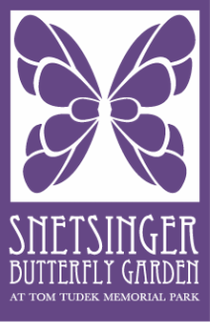Butterfly host plantsClick the link below to download a list of our most common butterflies and their associated host plants
PENN STATE EXTENSION MASTER GARDENER
| |||||||||||||||||||||||||||||||||||||||||||
| Pollinator Demo Garden | |
| File Size: | 3577 kb |
| File Type: | |
PENN STATE EXTENSION MASTER GARDENER
Woodland demonstration garden
The woodland habitat is a demonstration area that consists of several species of native plants. Reliable spring forage for native and domestic bees is found in our woodland area of trees, shrubs, perennials and bulbs.
| Woodland Garden | |
| File Size: | 1998 kb |
| File Type: | |
MonarCH Waystation
Monarch larvae feed exclusively on milkweed, so this demonstration area showcases several species of milkweed. As monarch populations decline due to loss of milkweed and nectar sources, our goal is to create, conserve, and protect monarch habitats.
| Monarch Waystation | |
| File Size: | 1711 kb |
| File Type: | |
native bee conservation garden
Plantings in this demonstration area have been specifically chosen to be most beneficial to our native bees, by providing essential pollen and nectar sources as well as habitat. The focal point of the space is a bee and bug "hotel" that incorporates a large variety of nesting material for native bees, beneficial insects and butterflies.
| Native Bee Garden | |
| File Size: | 2266 kb |
| File Type: | |
pennsylvania native plant society
demonstration garden
The Pennsylvania Native Plant Society Demonstration Garden is planted in an area that is prone to occasional flooding, followed by dry periods. The tough native plants that have been planted here can thrive in these extremes.
| PNPS Demo Garden | |
| File Size: | 1916 kb |
| File Type: | |
Wildlife sustaining groves
Several wildlife sustaining groves have been planted strategically in the habitat. Native tree and shrub specimens are some of our best plant choices for supporting the entire food web. Native oak and birch species for example are hosts to 500+ species of Lepidoptera (butterflies and moths).
| Trees | |
| File Size: | 1762 kb |
| File Type: | |
